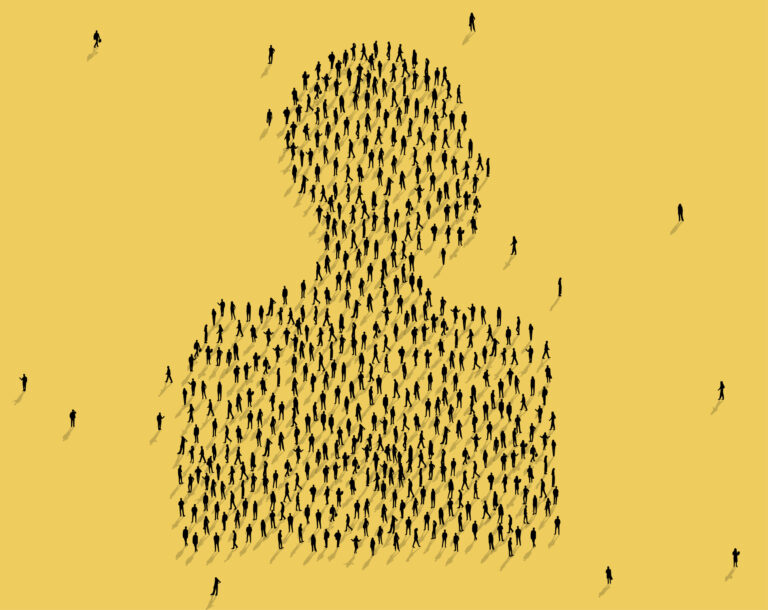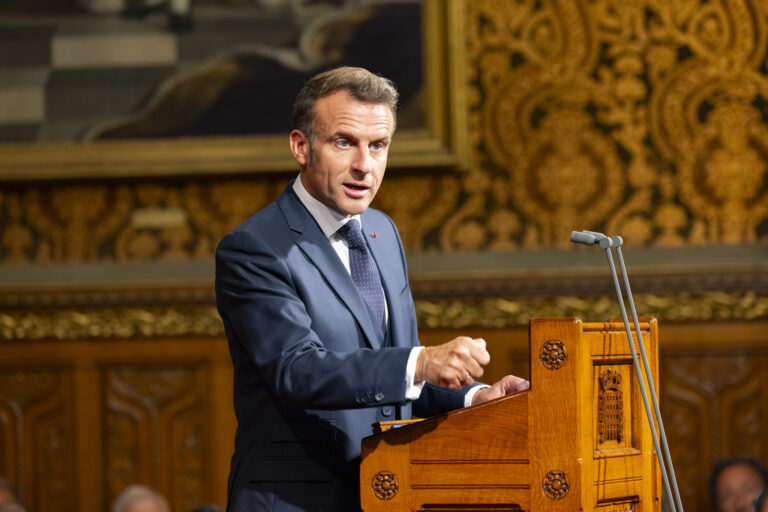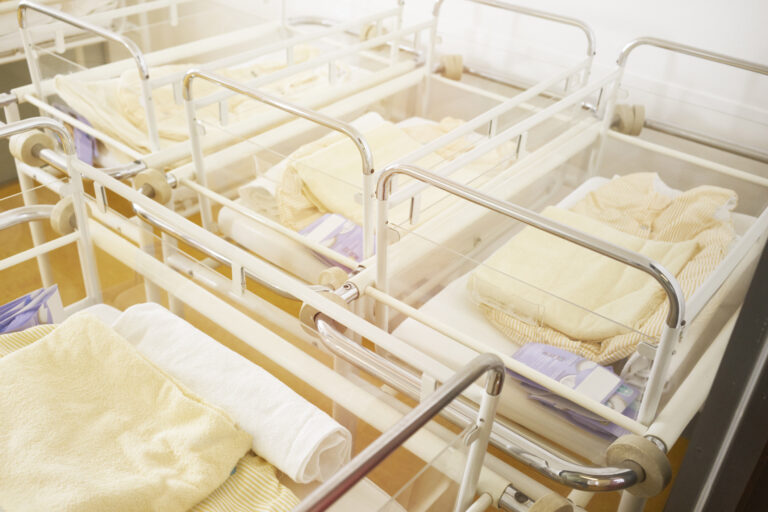More health care undermined…
Dr. Mary Meaney, writing on population issues for Crusade magazine, records a recent trip into Kenya which included the discovery of a Kenyan woman lying by the side of one of the country’s many poor roads. Alarmed by her condition, Mary and her companion drove this woman to the nearest government hospital, five hours away by car. There they found no doctor — and precious little of anything else except 75,000 condoms from the US Agency for International Development (USAID). In the pharmacy, Meaney recorded, there were “no gloves, no syringes, no vitamins, no basic medical supplies… but 75,000 condoms from USAID.”
Chinese seek a better face…
Chinese government officials have been scrambling to control damage and regain spin in the wake of former Family planning official Xiao Duan Gao’s testimony before Congress last June and the United Nations Population Fund’s (UNFPA) recent loss of $20 million for their activities in China. Gao testified about both the reality and extent of China’s policy on forced abortion, sterilization and family planning. Trying to have it both ways the Chinese government has simultaneously denied the validity of her testimony and declared they are “liberalizing” their brutal policy, according to reports in the Chinese and American media. UNFPA lost the $20 million during the round of tough budget negotiations at the close of last fiscal year [see story on page 3]. The spin, in customary Chinese style has begun first among the most influential and the most gullible.
Elisabeth Rosenthal writes in a recent New York Times, for example, that Chinese officials have “eliminated the onerous system of permits for pregnancy and quotas stipulating how many children can be born in a year.” Both Chinese practices were alleged by Gao and have been denied by the government in Beijing.
Rosenthal quotes Cong Jun, a director general at the State Family Planning Commission, to the effect that the Commission is “changing our attitudes” to move from “an administrative program based focusing on numbers” to a kinder, gentler approach. In part, Rosenthal writes, they are doing so in the hope of improving the Commission’s “often tense” relations with Chinese women.
“Tense” would not be a word many American women would use to describe a situation as brutal, authoritarian and repressive as China’s. To Rosenthal ’s credit, the story makes it clear that all has not been sweetness and light in China’s family planning system, no matter what the government might say. Rosenthal writes of women like Zhang, a 29-year-old hospital administrator who was stripped other job, had her paychecks stopped, and was forcibly held down for a pelvic exam to ascertain that she had become pregnant before getting her permit. The story did not say whether Zhang was allowed to bring her pregnancy to term.
Even in areas where the Chinese government has become more “lenient,” couples wanting more than one child must still pay a great deal in additional “fees.” In Shanghai the fee burden now equals 20% of the parents’ combined salaries. Further, parents who have a history of anything from “schizophrenia to colon polyps to congenital hearing loss” must remain childless. Eugenics must be served.
Other media articles make it dubious that any Chinese official mercy towards women and families stems from a change of heart. Just as some Chinese officials are reportedly seeking to relax the country’s one child policy, other officials appear bent on making sure adoption remains just as difficult for Chinese. Existing laws require adoptive parents to be childless. Each couple can only adopt one orphaned or handicapped child.
A standing committee began studying a draft law in August to remove “excessive restrictions” on adoption procedures, including permitting parents with children to adopt and allowing them to adopt more than one child. But a source on the committee reported that most members feared such relaxation might “cause negative impact on family planning work and create extra difficulties.”






